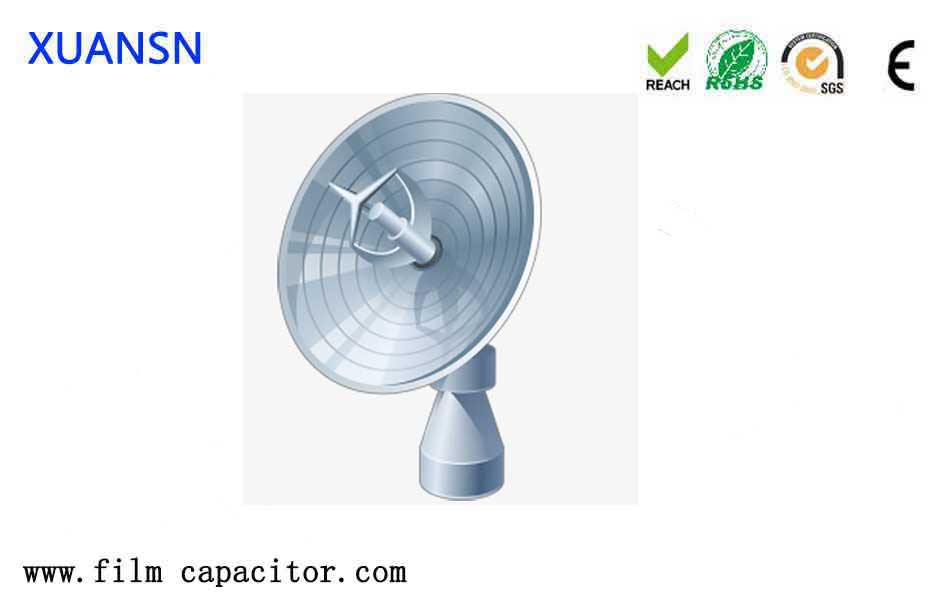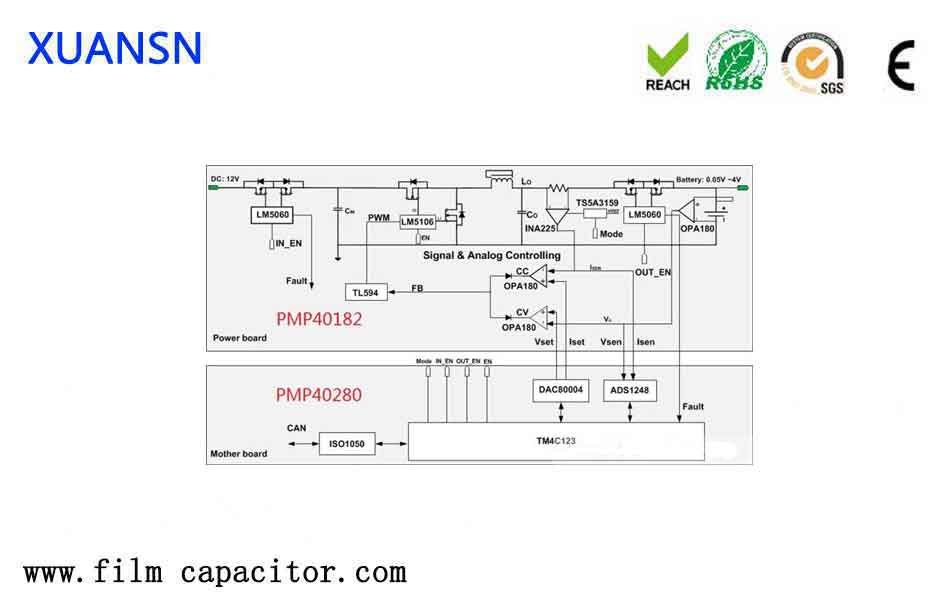British media: US chip industry seeks to return to local production
On August 3, the British “Financial Times” website published a report entitled “The US Chip Industry Planes a Path to Return to Local Production”. The report pointed out that the United States has the ability to “snap the neck” of the global electronics industry. However, many advanced chips are designed in the United States, but only about 12% of the chips are manufactured in the United States.
They account for about half of the world’s chip sales, and many of the complex technologies used to design and manufacture chips come from American equipment manufacturers. This gives the United States the ability to “snap the neck” of the global electronics industry, enabling it to threaten to cause serious damage to Huawei Technologies Co., Ltd. and other Chinese companies that it considers hostile.
However, as trade tensions intensified and the industry called on US taxpayers to provide billions of dollars in support, this failed to stop Washington from growing concerns about an imminent weakness. Many advanced chips are designed in the United States, but only about 12% of the chips are manufactured in the United States.
Dan Hutchison, chairman of the American Institute of Ultra-large-scale Integration Technology, who has long served as an analyst for the chip industry, said that politicians are more worried about this gap than they were worried about competing with Japan. He said: “In the end, the United States decided to stick to its position.”
The increasingly tense relationship with China also highlights the potential weaknesses caused by the United States’ dependence on other Asian countries and regions to make chips. At the center is Taiwan Semiconductor Manufacturing Co., Ltd. It is a “foundry company,” or a pure manufacturing company that produces chips for American companies such as Nvidia, Qualcomm and Chaowei Semiconductor.
Sean Randolph, senior director of the Economic Research Institute of the U.S. Bay Area Council, added that although taxpayers’ support is not needed right now, the growing tension in the electronics industry has sounded the “wake-up call”. He said: “The global supply chain seems to be tightening, especially in key or strategic technologies, and the chip is at the top of this list, or close to the top.”
Chip industry executives claim that subsidies provided by other countries have weakened the attractiveness of investing in chip manufacturing in the United States.




